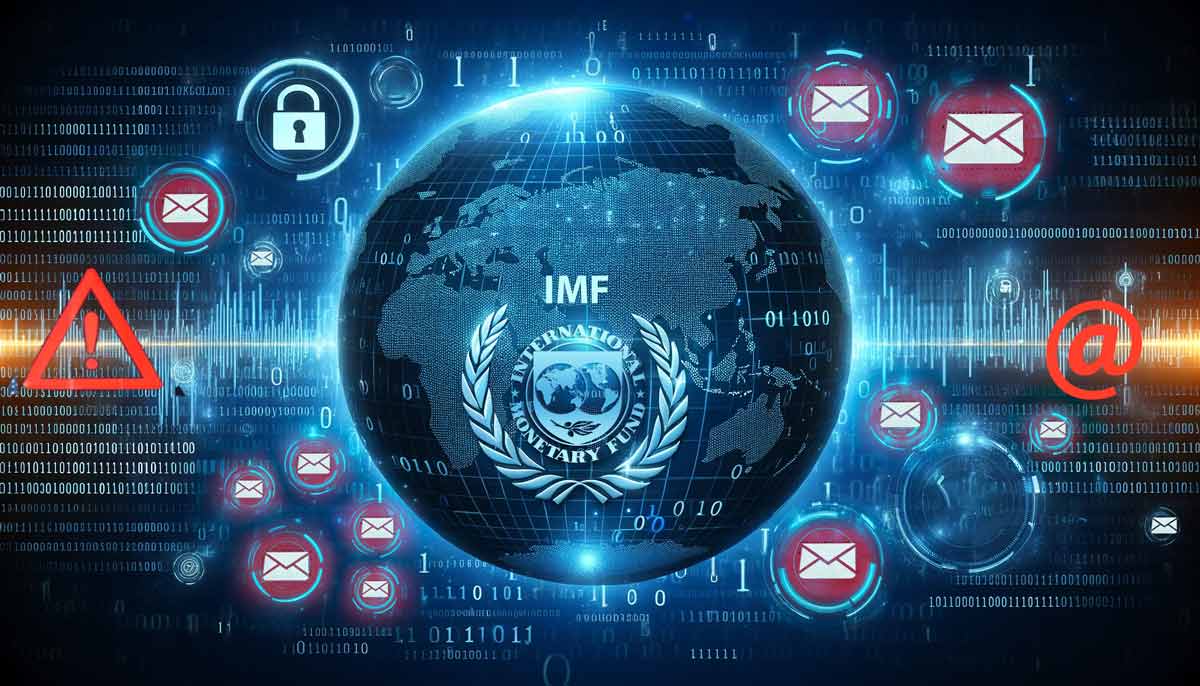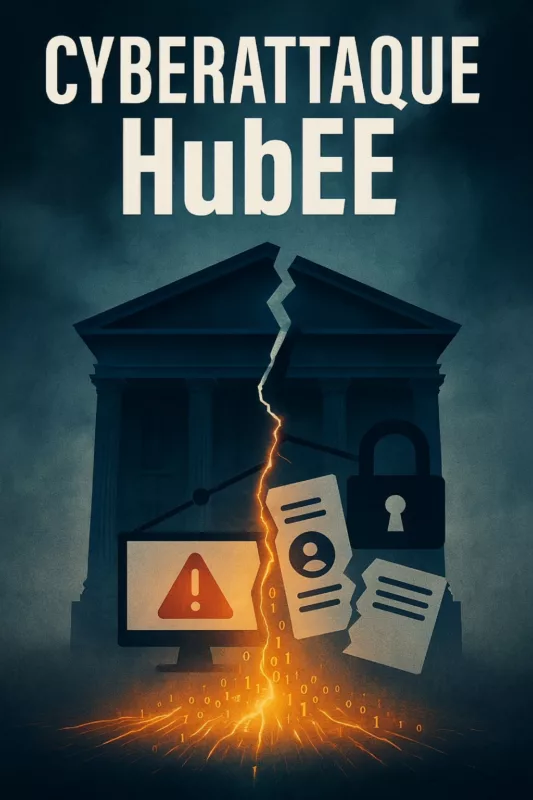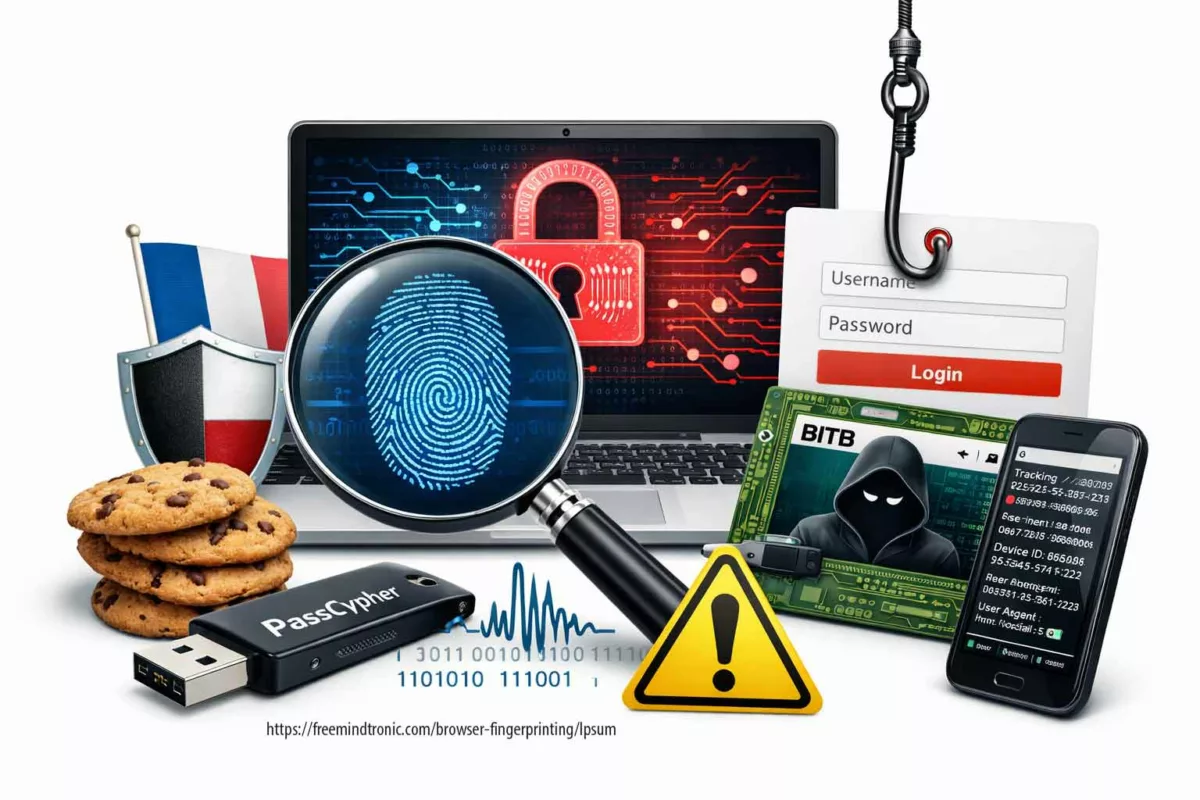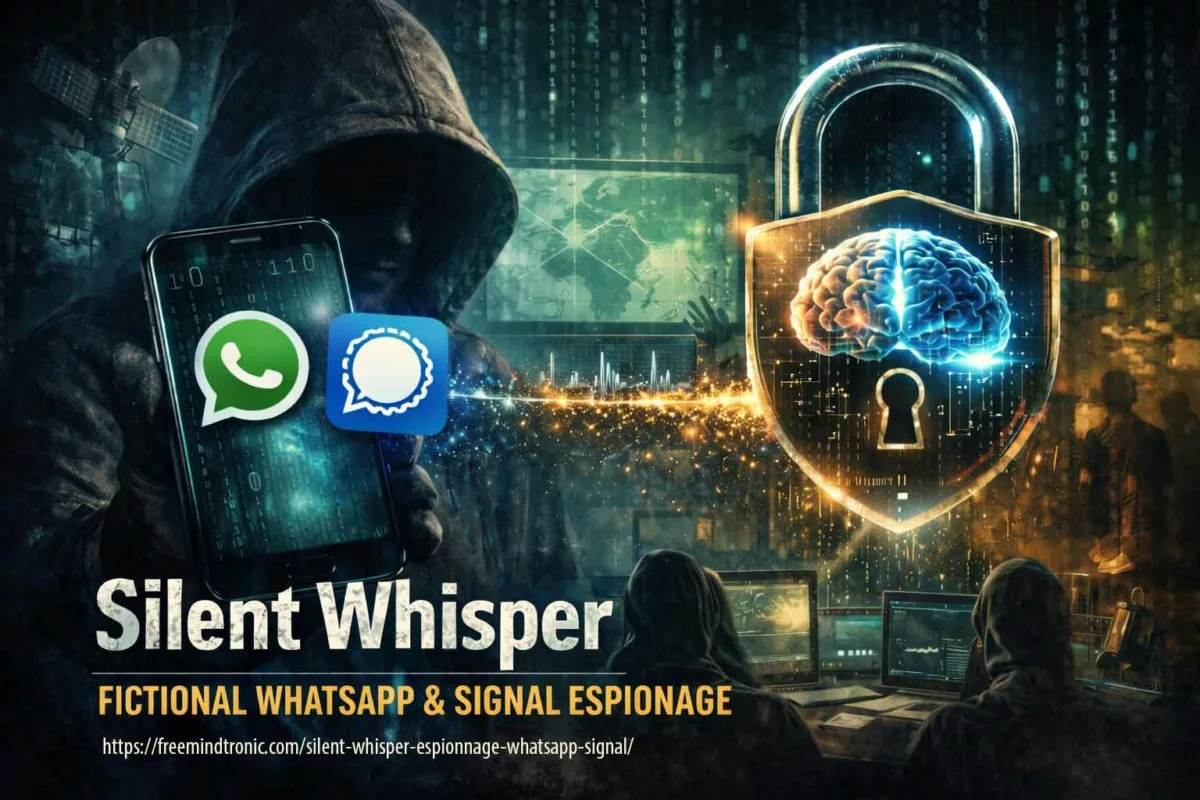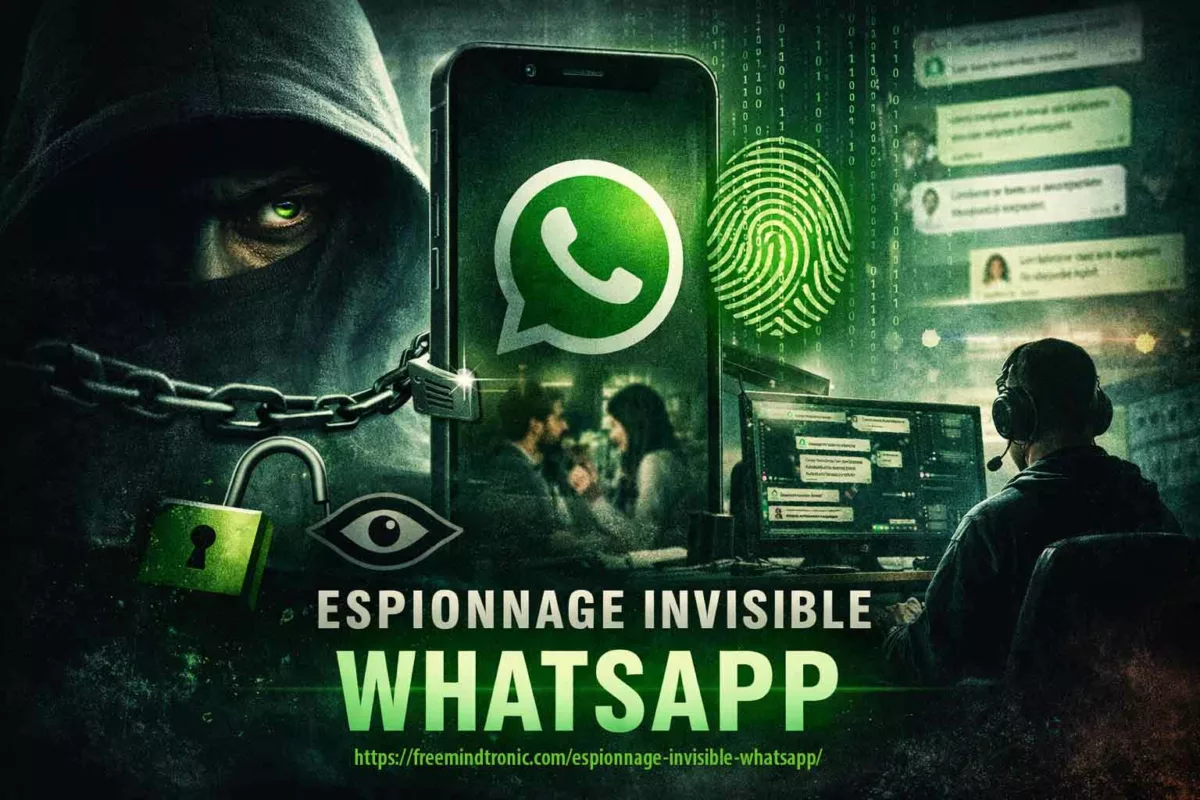2024, Digital Security
Cybersecurity Breach at IMF: A Detailed Investigation
IMF Cyber Breach: A Review
Discover the intricate details of the IMF’s recent cybersecurity incident. Our investigative piece delves into the breach’s impact, showcasing advanced security solutions like Freemindtronic’s DataShielder ans PassCypher for enhanced email protection. Stay informed on safeguarding sensitive communications in our full analysis.
Stay informed in our posts dedicated to Digital Security to follow its evolution thanks to our regularly updated topics
Cybersecurity Breach at IMF: A Detailed Investigation
Cybersecurity breaches are a growing concern worldwide. The IMF recently experienced a significant cyber breach, highlighting the need for stringent security measures.
The Global Impact of the Cybersecurity Breach at IMF
The International Monetary Fund (IMF) is an institution of monumental importance, shaping economic policies and providing financial stability across the globe. The recent Cybersecurity Breach at IMF not only threatened its internal email communications but also posed a risk to the integrity of global financial systems. Such a breach at the IMF could have far-reaching consequences, potentially affecting economic decisions and market confidence worldwide.
Understanding the stakes of the Cybersecurity Breach at IMF is crucial. The IMF’s role in international economic governance means that any compromise of its systems could lead to significant disruptions. It’s a stark reminder of the ever-present need for rigorous cybersecurity defenses, especially within institutions that hold the world’s financial balance in their hands. The breach serves as a call to action for enhanced security protocols and measures to protect against future cyber threats.
Understanding the IMF Cyber Breach
On February 16, 2024, the IMF detected unauthorized access to eleven email accounts. This breach prompted an immediate investigation to assess the damage and prevent further intrusions. The IMF’s quick response included securing the compromised accounts and reviewing their cybersecurity protocols.
IMF’s Swift Response to Email Compromise
The IMF’s established cybersecurity program played a crucial role in the rapid containment of the breach. By following their incident response plan, the IMF minimized the potential impact of the cyber breach. The organization’s commitment to transparency and security is evident in their ongoing communication about the incident. “We can reveal that 11 IMF email accounts were compromised. They have since been re-secured. For security reasons, we cannot disclose more details,” a spokesperson for the IMF told BleepingComputer. The IMF added, “Yes, we can confirm, the IMF uses Microsoft 365 email. Based on our investigations to date, this incident does not appear to be part of Microsoft targeting.
Potential Risks and Content Extraction Speculations
The IMF’s recent confirmation of eleven compromised email accounts has sparked widespread concern. Yet, the organization withheld details on potential content extraction, citing security reasons. This secrecy fuels speculation about the breach’s scope and the risks tied to unauthorized access. Without concrete information, discussions on content extraction remain purely conjectural.
The IMF’s guarded statement to BleepingComputer, “For security reasons, we cannot disclose further details,” implies an ongoing investigation. It also reflects the IMF’s efforts to forestall additional breaches. This cautious approach underscores the intricate dance between openness and security that entities like the IMF must perform post-cyber incidents.
The Importance of Email Security
Email security is a critical aspect of data protection. The IMF’s incident underscores the necessity of vigilance and continuous improvement in cybersecurity measures. Organizations must stay ahead of threats to protect sensitive information. The recent breach at the IMF serves as a stark reminder of the vulnerabilities that exist and the importance of employing advanced encryption technologies and robust password management systems to safeguard communications.
Data Extraction from Compromised Emails: Clarification
The IMF cyberattack resulted in unauthorized access to eleven email accounts. However, it is crucial to clarify that there is currently no public information confirming the extraction of emails or attachments during the period before the security breach was detected and resolved. Therefore, this incident highlights potential risks and highlights the critical need to secure email communications to thwart unauthorized access and potential data mining. Additionally, ongoing IMF investigations are expected to reveal more about the scale of the breach and any data extraction that may have taken place. Understanding that, to obtain the most precise and recent information, it is appropriate to refer to official communications from the IMF.
Securing Emails with Advanced Technologies
To mitigate such risks, employing advanced encryption technologies like Freemindtronic’s EviPass NFC HSM and EviPass HSM PGP is essential. These technologies ensure that even if emails and attachments are compromised, they remain encrypted and unusable to cyber attackers. EviPass NFC HSM provides a robust layer of security by encrypting emails and their attachments, making unauthorized access significantly less impactful.
PassCypher: A Strong First Line of Defense
Incorporating PassCypher, a complex password manager, can effectively combat attacks that aim to corrupt email access. PassCypher’s technology, which includes EviPass NFC HSM and EviPass HSM PGP, serves as a formidable barrier against attackers, safeguarding email communications by managing complex passwords and encryption keys.
In conclusion on the email cybersecurity breach at the IMF
The IMF cyber breach serves as a reminder of the persistent threat of cyber attacks. It emphasizes the importance of preparedness and the need for robust cybersecurity defenses. As the investigation continues, the IMF’s experience will undoubtedly contribute to a deeper understanding of cybersecurity challenges and solutions.
For more information and to stay updated on the IMF’s cybersecurity efforts, please refer to the IMF’s official communications.
Updated March 19 at 9:55 a.m. EDT: We have incorporated the latest IMF statements and information regarding email account security and the use of Microsoft 365. Consequently, the issue of extracting content from compromised emails remains unresolved, reflecting the ongoing nature of the investigation and the IMF’s discretion on specific details.
